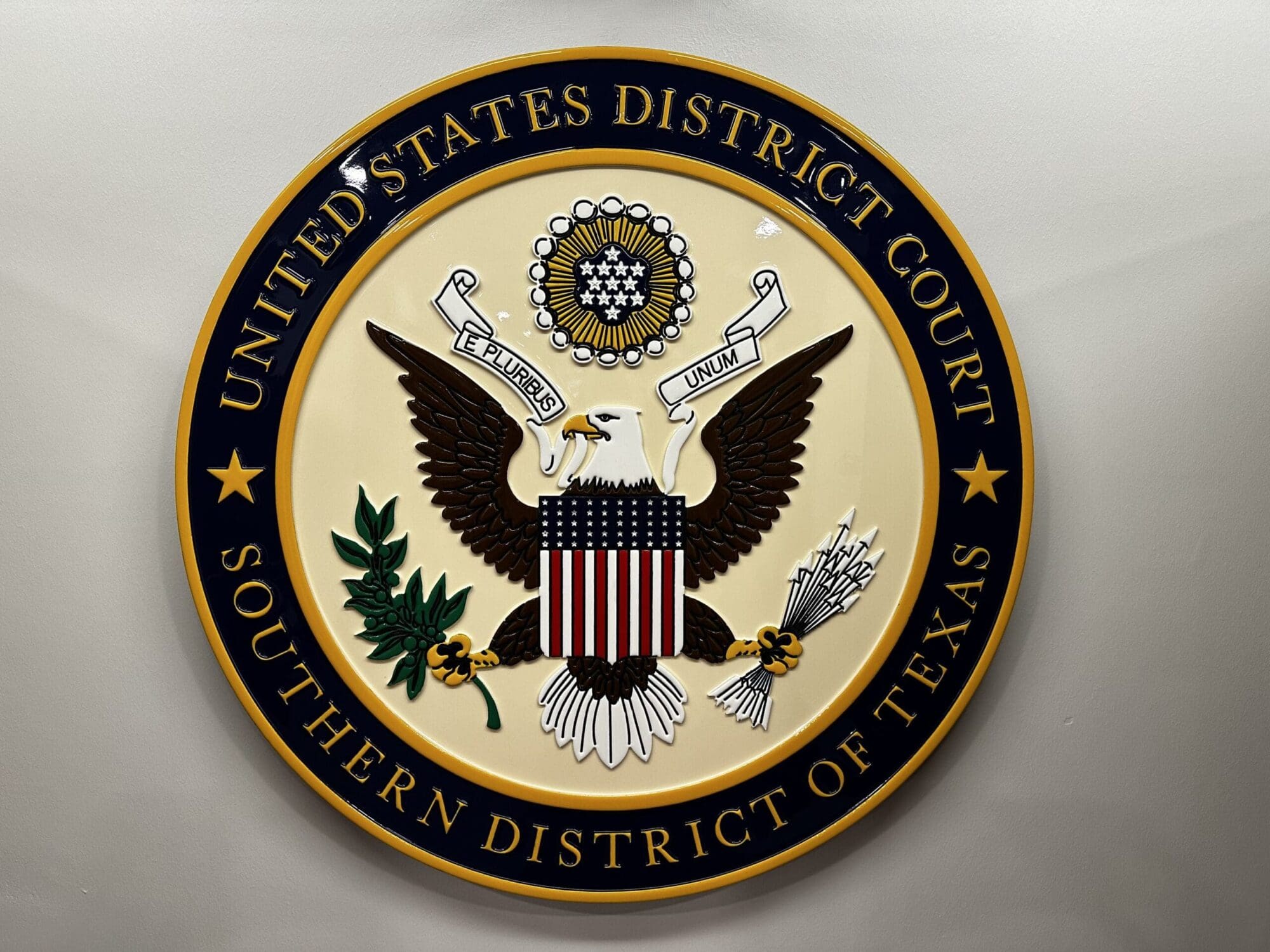This article has been updated since publication.
On Wednesday, a small group of conservative Republicans, including Texas Congressmen Chip Roy and Michael Cloud, temporarily delayed the reauthorization of FISA, a warrantless spying program set to expire on April 19.
By Friday morning, Speaker Mike Johnson had collected the needed votes to re-up the program, but its extension has been cut to two years instead of five, a concession conservative holdouts had wanted.
The move comes as visibility and concerns over government overreach and FISA’s controversial history and ability to spy on Americans have grown in recent years.
After reauthorizing the act during his first term, former President Trump vocally criticized it leading up to this week’s vote. In a Truth Social post, Trump stated, “KILL FISA, IT WAS ILLEGALLY USED AGAINST ME, AND MANY OTHERS. THEY SPIED ON MY CAMPAIGN!!!”
This was juxtaposed with the Biden administration’s support for Johnson’s reauthorization bill. The White House opposed a proposed amendment that would have required warrants for intelligence collection.
Currently, the FBI is not required to obtain a warrant before querying the database for information on U.S. citizens. As the Biden administration and neocons fight for a tool that can be used to spy on Americans, an illegal alien on the terror watch list was at large for weeks.
The rules vote delaying reapproval is the latest blow to Johnson’s leadership. Johnson has faced significant challenges rallying members of his party to support the renewal of Section 702, a key provision that allows warrantless surveillance of foreign targets but that can and has been used to collect information on Americans, circumventing the Fourth Amendment.
Notably, before he was Speaker, Johnson voted against warrantless spying as a member of the Judiciary Committee due to abuses by the FBI, but since becoming Speaker, Johnson has come around to cite the need for it.
FISA, enacted in 1978, governs surveillance activities in the United States aimed at foreign powers and agents. It provides a legal framework for obtaining warrants for surveillance from the Foreign Intelligence Surveillance Court (FISC).
In a season of governmental overreach and perceived weaponization, concerns have been raised about the potential for government agencies to conduct surveillance for purposes beyond national security, leading to infringements on civil liberties.
Roy celebrated the extension win on X, calling it a first step.
That vote was followed by a vote to require warrants for spying on American citizens and fourteen of Texas’ congressional delegation voted to circumvent the Fourth Amendment. The vote tied at 212-212 and Speaker Johnson cast the deciding vote in favor of allowing intelligence agencies to invade the privacy of American citizens.
A table of the Texas Congressional delegation who voted against requiring warrants is included here:
| U.S. Representative | District | Party |
|---|---|---|
| Colin Allred | 32 | Democrat |
| Michael Burgess | 23 | Republican |
| John Carter | 31 | Republican |
| Dan Crenshaw | 2 | Republican |
| Henry Cuellar | 28 | Democrat |
| Monica De La Cruz | 15 | Republican |
| Jake Ellzey | 6 | Republican |
| Lizzie Fletcher | 7 | Democrat |
| Tony Gonzales | 23 | Republican |
| Vicente Gonzalez | 34 | Democrat |
| Kay Granger | 12 | Republican |
| Michael McCaul | 10 | Republican |
| August Pfluger | 11 | Republican |
| Marc Veasey | 33 | Democrat |
No ads. No paywalls. No government grants. No corporate masters.
Just real news for real Texans.
Support Texas Scorecard to keep it that way!





